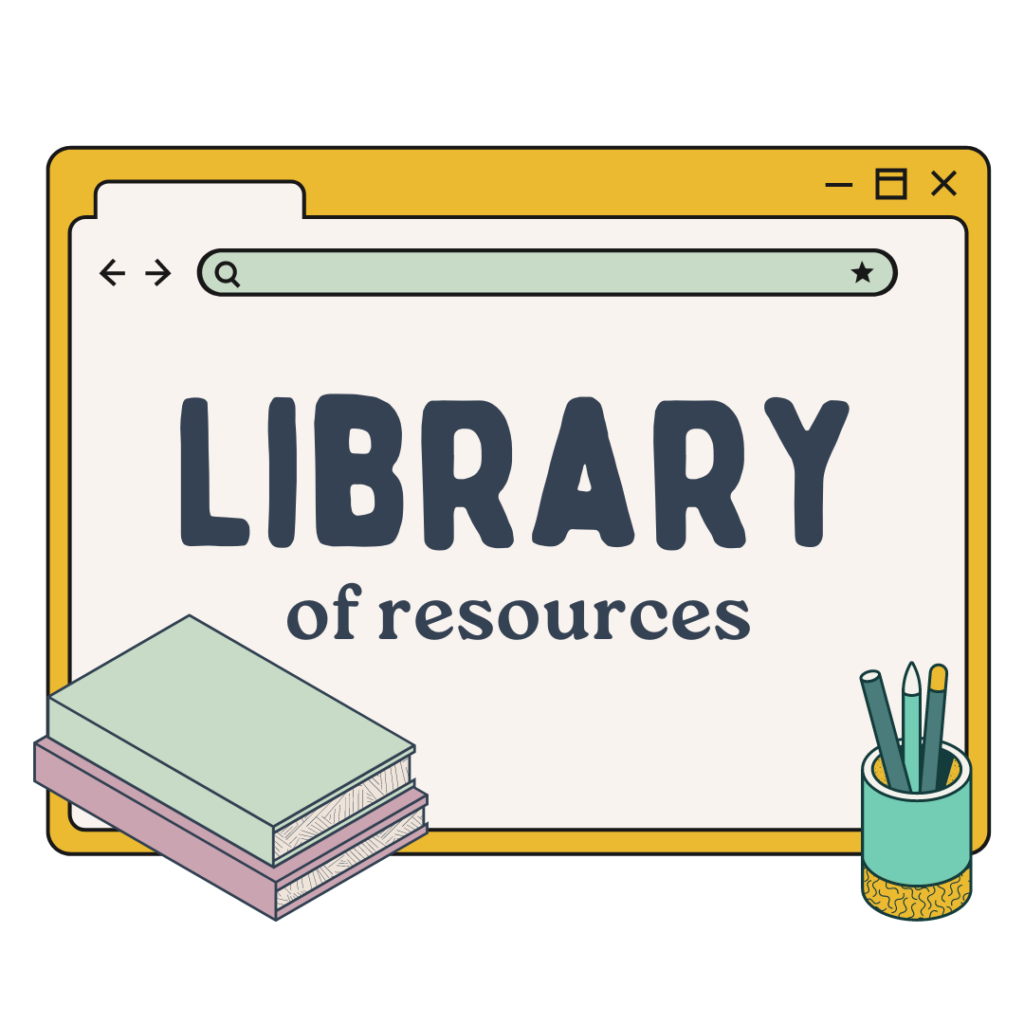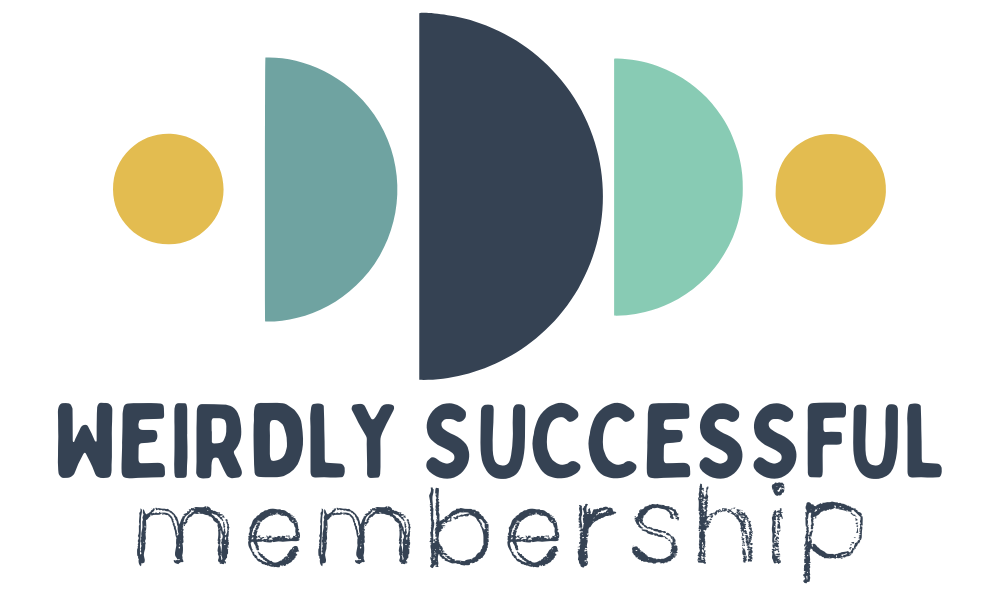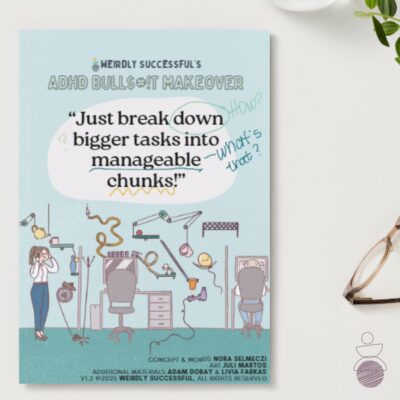
This space is for us, by us.
A supportive, informative & affirming hub for neurodivergent adults.
Courses, workshops, online events & more with the guidance of Weirdly Successful’s educators. Based on science, validated by lived experience, as always.
Welcome to the club! We’re happy you’re here.

Free Resources
for Neurodivergent Adults
Get our research-backed, experience-validated strategies & guides for a neurodivergent work & life that you can adapt to what success looks like to you.
Guides, worksheets, mini-courses, checklists and more in our ever-growing resource hub.

The latest resources
Check out our most recent tools added to the Library Archives
Sensory Processing Systems Guide
An A4 printable version of our Sensory Processing Systems diagram.
Hypermobile Ehlers-Danlos screener
Calculate your Beighton score and check your Brighton Criteria with our interactive hEDS screener.
Manageable Chunks, Reconstructed
One of the most common pieces of advice given to neurodivergent folks is to ‘break down bigger tasks into manageable …
Neurodivergent Self-Care Is Different
Neurodivergent brains need more time to process, decompress, and recharge. It probably has to do with how A lot of neurotypical …


Weirdo Campground
A YEAR-LONG VIRTUAL SUMMER CAMP
FOR WEIRDO PROFESSIONALS & PROFESSIONAL WEIRDOS.
Talking with fellow neurodivergent folks can be an affirming and empowering experience.
But many unguided peer groups are like a lucky dip: you never know if someone more knowledgeable than you will show up, or if there’s someone who has useful insights that apply to your situation.
Commiserating and sharing experiences are valuable on their own. Still, if you want tangible next steps and guidance on where to look for answers, you can’t afford to randomly show up at meet-ups in hopes that someone there can tell you something useful.
This is why we’re not simply your neurodivergent peers, but also trained neurodivergent educators.




